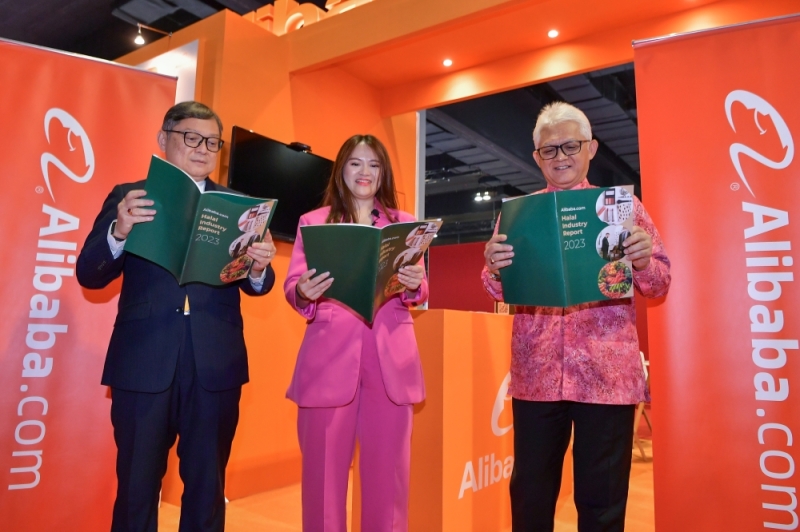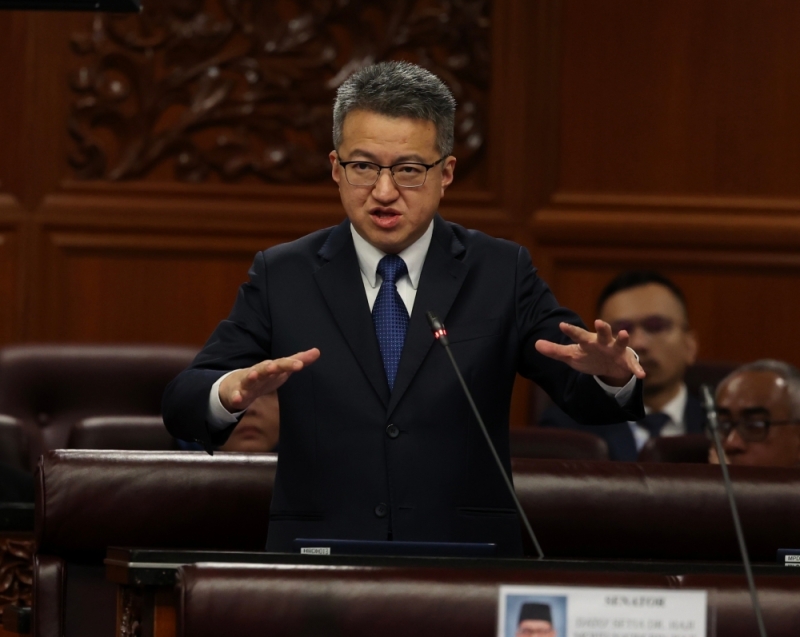By Shannon Jenkins – The Mandarin

Australia and Malaysia will remove trade barriers, increase collaboration between law-enforcement agencies, and ink a new cyber security deal as part of a decision to elevate relations to a comprehensive strategic partnership (CSP).
At a virtual meeting on Wednesday night, Prime Minister Scott Morrison and his Malaysian counterpart, Muhyiddin Yassin, agreed the CSP would be underpinned by three areas of cooperation: economic prosperity; society and technology; and defence and regional security.
“With the CSP, we will expand our cooperation to new horizons to address today’s most pressing challenges, collaborating on economic recovery from COVID-19, economic growth, the digital economy, health, education and in new areas of science and innovation,” Morrison said.
“We will also increase our cooperation on strategic issues, including the security and stability of the Indo-Pacific region, and strengthen our dialogue on maritime interests to support our shared vision for a peaceful, stable and prosperous region.”
Former prime ministers Malcolm Turnbull and Datuk Seri Najib Razak declared a strategic partnership in 2015. The countries have agreed to develop an action plan to guide the CSP, and will meet annually.
In 2019, one year after China stopped receiving much of the world’s waste, Malaysia announced it would send back 3,000 tonnes of plastic waste to Australia and other countries, with then environment minister Yeo Bee Yin declaring that “Malaysia will not be a dumping ground to the world”. Early last year Malaysia revealed it had returned 3,737 tonnes of waste to 13 countries, but Australia was not one of them.
According to a joint statement published by the Department of Foreign Affairs and Trade, Morrison and Muhyiddin discussed environmental issues during their meeting, including waste.
“They agreed to explore cooperation on marine plastics, waste management and the circular economy,” the statement said.
“They acknowledged the importance of technology in responding to climate change and other environmental challenges, and agreed to continue to explore low emissions solutions. They also agreed to explore collaboration on emissions reporting and inventory arrangements, environmental monitoring and enforcement, climate science and bushfire mitigation measures.”
In regard to trade, the countries agreed to strengthen their partnership on agricultural trade to improve food security, “including through collaboration on halal standards, streamlining approvals for exporters and working towards the adoption of paperless trading”, the statement said.
The leaders also said they would remove barriers that reduce trade and investment flows between both countries, and maintain the facilitative measures that were implemented during COVID-19. They noted that the ASEAN-Australia-New Zealand Free Trade Area agreement was in need of an upgrade, while the Malaysia-Australia Free Trade Agreement needed to be reviewed.
Plans to resume travel between Australia and Malaysia will be made “when health conditions permit”. While the prime ministers said they hoped to see students move between the two countries, they didn’t reveal when that might occur.
Morrison and Muhyiddin have also agreed to:
- Increase consultation and cooperation on strategic issues, including the multilateral system, the stability and security of the region, and economic security issues, including resilient supply chains,
- Continually refresh their existing counter-terrorism frameworks,
- Establish a new Memorandum of Understanding on cyber security and critical technology in 2021,
- Set up a new ‘Senior Officers’ dialogue’ between the Australian Federal Police Commissioner and the Malaysian Inspector General of Police, and increase collaboration between border security agencies to tackle transnational crime.



